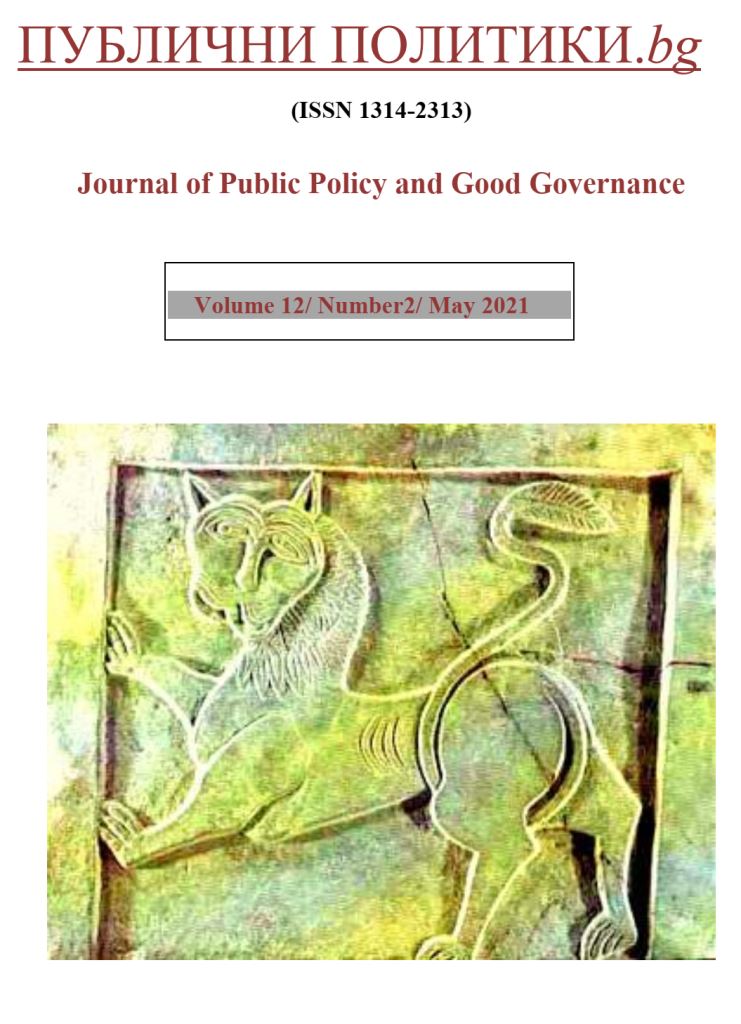GUN-CONTROL: INTENTIONS AND RESULTS
GUN-CONTROL: INTENTIONS AND RESULTS
Author(s): David MarkozashviliSubject(s): Politics / Political Sciences, Politics, Social Sciences, Law, Constitution, Jurisprudence, Political Theory, Public Administration, Sociology, Sociology of Law, Administrative Law
Published by: Софийски университет »Св. Климент Охридски«
Keywords: gun-control; public policy; crime rate; law effects; intentions and results; regulation;
Summary/Abstract: Guns are deadly. Most homicides, robberies and other types of criminal activities are mostly committed by guns, therefore many politicians try to regulate them in hope to decrease crime rates and are wildly supported by public. To determine how gun-control laws influence crime rates, regression analysis has been conducted with many control variables, however it hasn’t found any statistically significant relationship between gun ownership and homicide rates. Then the logical question arose: if it is really so, then why do the politicians regulate gun-ownership? To answer that question, an experiment has been conducted to determine public’s attitude towards gun-control. The experiment results showed that people generally see guns in negative light and have less information about their good uses, therefore politicians, influenced by that attitude, try to regulate guns, as it is hard not to do anything when masses are expecting action from you. These findings motivate research on law-making process to determine whether and which laws have intended results.
Journal: ПУБЛИЧНИ ПОЛИТИКИ.bg
- Issue Year: 12/2021
- Issue No: 2
- Page Range: 8-14
- Page Count: 7
- Language: English

